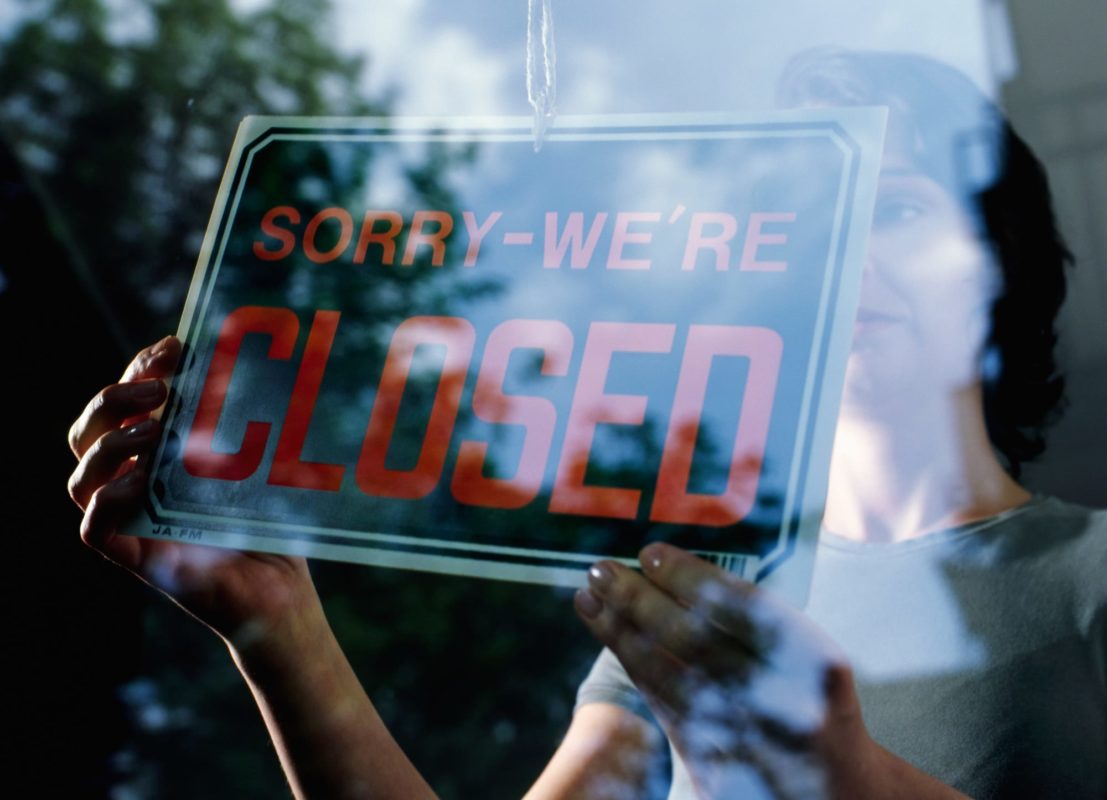The US Economy was nearing a successful boom and then the global pandemic hit and now it’s on seriously shaky ground.

After the economic turmoil the United States was experiencing from 2008, things have been rapidly on the up. While they were slowing to a degree in 2019, this year was full of optimism and many industries were suspected to boom.
Hotels were popping up all over the country, airlines were showing their highest levels of employment, retail sale began to climb. Then, the coronavirus knocked on their door.
An unexpected guest, nonetheless. While so many major companies plan for drops in the economy, no one was quite prepared for the halt that COVID19 would ensure.
Unemployment rates in the US haven’t been this low since the Great Depression. Just shy of a century ago. The effects of this virus are far beyond what anyone could have imagined. Instead of things gradually slowing down, as they can in a period of economic downturn, they screeched to a stop without knowledge of when they might start back up again.
“I never had a business plan that was called pandemic…we just never imagined the economy turning off.” Says Ford CEO Jim Hackett in an earnings call.
The outbreak began in China and during that time, no one really knew what kind of effects this would have on the economy at an international level. Before the virus actually made its way into other countries, the US saw effects in the world of trade. With the virus in full swing in China, factories had to shut down and this made importing goods much more difficult. Apple predicted a shortage of iPhones. Computers and video game consoles were becoming harder to stock for companies like Best Buy.
Then, the virus itself arrived, forcing the US to close schools and offices and many non-essential businesses. This has forced companies to think of fresh, innovative ways to stay alive or risk permanent closure. Most of these new decisions have to be thought with long-term stamina and goals in mind. This pandemic will leave a scar that could take years to fade.
“Having a business model which is flexible and adaptable was already very important in a world which is highly globalized and competitive with constant technological change. It is 10 times as important right now.” said Kenneth Rogoff, Professor of Economics from Harvard Univeristy
Auto production has come to a complete standstill since the global pandemic hit. Major companies have already lost billions of dollars in just the first financial quarters, with Ford claiming to have lost $2billion and Chrysler at $5.5billion.
Consumers are no longer spending their savings on unnecessary items, but rather focusing on standard, every day essentials, like food, medication and toilet paper.
Airlines prepared for a big year of travel in 2020, only to experience a drop in sales prior to ceasing all passenger flights. US airlines reportedly (federal data) asked their employees to voluntarily take unpaid leave.
Airbnb, a home-sharing platform for travellers, planned to go public this year, but has now had to lay off 25% of their employees and process refunds to clients.
Though so many companies and industries have seen their revenue pause, this has not been the case for all. Customers and employees have had to take extra precautions in essential locations like supermarkets and pharmacies. These industries, although booming, had to reduce their opening hours in order to employ extra strategies to keep everything cleansed and hygienic.
The largest private sector employer in the US is Walmart. in order to meet demands, they’ve employed around 200,000 individuals to work in their storefronts and distribution centres. With many employees across the nation forced to leave work for lack of childcare of school closures, these measures were strictly necessary.
The food industry, particularly fast food, is one that has had to adapt. Although their doors have been able to remain “open” (in a sense), the need for quick, free delivery and online ordering services was immediate.
Luckily, companies like Chipotle and Starbucks had recently invested a large portion of their revenue into technology that would support online ordering. Panera Bread made some quick changes to their business model and began selling essential items that were in higher demand than soups and toasted sandwiches, such as fresh produce.
The US, and other global locations, have begun lifting restrictions and preparing for a post-pandemic world. Major executives will have to re-think their game plan for success in this slow, new era. Some may have a more conservative approach, with quick plans for any future devastation like this one, though all measures will need to be smart ones.
Subscribe to FIB’s Weekly Alchemy Report for your weekly dose of music, fashion and pop culture news!







